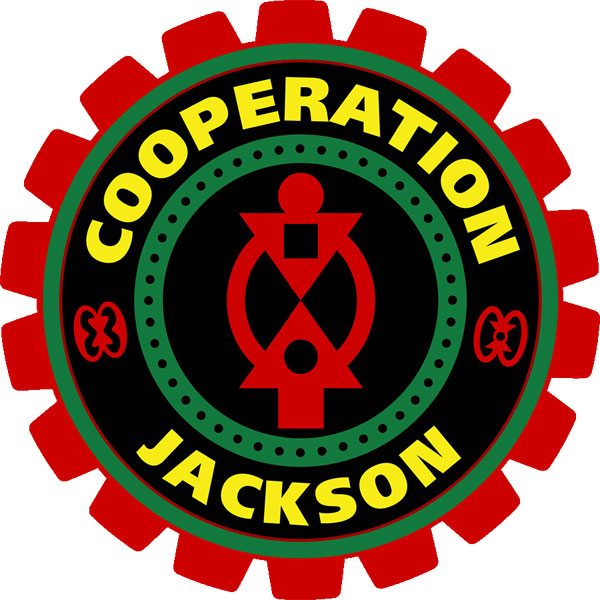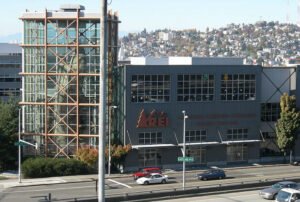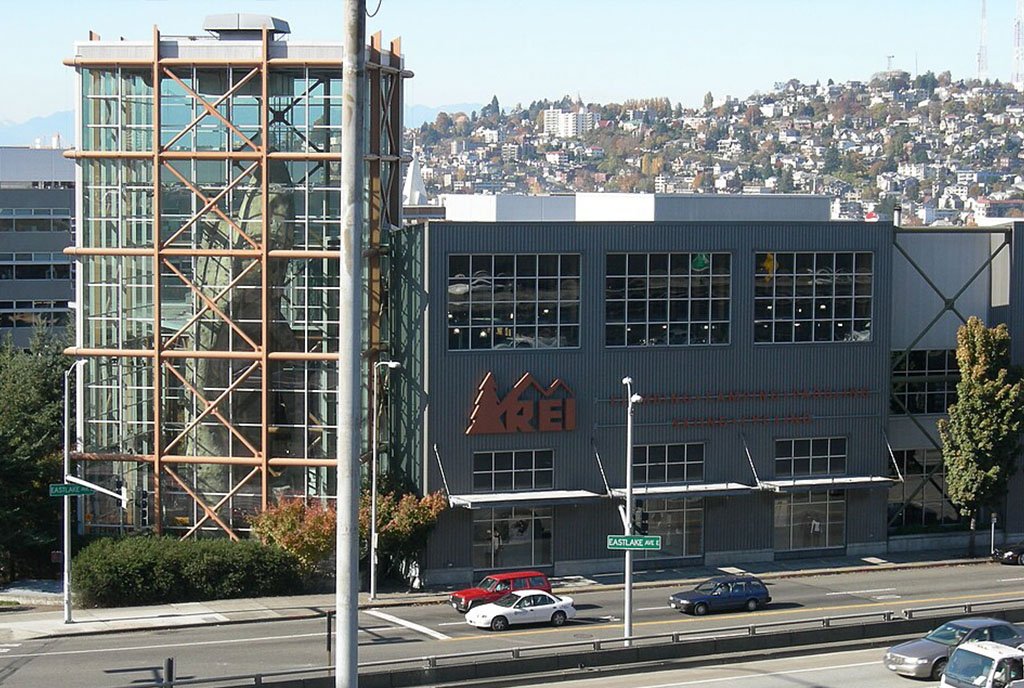
October 19, 2017; Common Dreams
In June 2017, Antar Lumumba was elected mayor of Jackson, Mississippi. He promptly pledged to make Jackson “the most radical city on the planet,” according to a Jackson Clarion-Ledger article. According to the Huffington Post, Lumumba’s platform included a pledge to invest “more in education, reinstating a 1 percent sales tax to rebuild the city’s aging infrastructure, and reducing crime through community engagement.” The Huffington Post also notes that “he is a founder of Cooperation Jackson, an organization that’s trying to create a network of worker-owned cooperatives throughout the city” and that “as mayor, he plans to start an incubator for local businesses that includes such cooperatives.”
So how did a sleepy state capital in the Deep South become the home of a new model of community organizing and community economic development? This is the story outlined in a new book. Titled Jackson Rising: The Struggle for Economic Democracy and Self-Determination in Jackson, Mississippi and edited by Ajamu Nangwaya and Kali Akuno, it details a highly provocative experiment in “radical social transformation.”
As the book makes clear, neither the mayoral victory of Antar Lumumba in 2017 nor the victory of his father, Chokwe Antar Lumumba, in 2013—whose term was tragically cut short when he suffered a heart attack less than eight months after assuming office—were mere electoral campaigns. Rather, these electoral achievements were the product of decades of economic and community organizing work.
This comprehensive undertaking involved the development of a series of institutions. At the national level, there was the New Afrikan People’s Organization and the Malcolm X Grassroots Movement. At the local level, this included the Jackson Human Rights Institute, the Jackson People’s Assembly (by which community decisions were made), and Cooperation Jackson (an entity that has been developing cooperative and community-owned businesses).
Sign up for our free newsletters
Subscribe to NPQ's newsletters to have our top stories delivered directly to your inbox.
By signing up, you agree to our privacy policy and terms of use, and to receive messages from NPQ and our partners.
These new institutions take their cue from another iconic African American institution. During the last six days in December and the first in January, many African American communities celebrate Kwanzaa. Emerging at the height of the Black Power movement, it is the only holiday created by African Americans. At the core is Nguzo Saba, seven days of seven principles: Umoja, Kujichagulia, Ujima, Ujamaa, Nia, Kuumba and Imani.
Residents in Jackson are seeking to make the fourth principle, Ujamaa, or cooperative economics, a reality. Cooperation Jackson is the vehicle for this transformation. According to the founders, “Our roots lay deep within the struggle for democratic rights, economic justice, self-determination, particularly for Afrikan people in the Deep South, and dignity for all workers.”
Specifically, the group is laying the foundation to establish a network of co-ops and initiatives, including housing, daycare, construction, Freedom Farms urban farming, and a community land trust. Energizing the Jackson community to “educate, motivate and organize,” the group’s goal is to draw from its founders’ knowledge and Mississippi’s history of cooperative farming to make the long-term project a success. The group has worked incrementally to secure and grow its power base within Jackson’s political, educational, and economic institutions and the creation of institutions of its own. The founders are aware that this is a daunting task, but one they believe can come to fruition.
The kernel of the idea was planted in 1971 when the first generation Lumumba arrived in Jackson with experience in multiracial organizing and the goal of achieving self-determination for African Americans through economic self-sufficiency. The city of Jackson, based on demographics, is well positioned to realize this ambitious design. The city’s current population is one percent white and 79 percent (some say 85 percent) African American, with the remaining people “of color.” This is not necessarily a guarantee—see Apartheid-era South Africa’s demographics—but the numbers indicate a fighting chance, and the community is fighting. The idea has already proved its longevity, if not sustainability, by existing over decades with founders understanding that change does not happen overnight. The Jackson Cooperative has researched the cooperative model and points to the success of the Mondragon Corporation, founded in 1956, and today a worldwide cooperative reaching almost every corner of the globe.
The rationale for what many see as a radical idea was the contradictory state of affairs for African Americans in Mississippi. Mississippi has the highest number of African American homeowners of any state; at the same time, African American workers are paid only 69 percent of what white workers make. In terms of building and sustaining community wealth, of the billion dollars in regional annual public spending, only five percent of that goes to African American businesses. Consequently, in 2014, one of the last acts in office of the current mayor’s father before he died was to secure a $1 billion bond for infrastructure spending. Part of that money was earmarked for developing cooperatives, providing the initiative’s fighting chance. The city government in Jackson hopes to leverage that funding source to facilitate the creation of a cooperative bank, a training center, and a cooperative business incubator.
The publication of Jackson Rising can only serve to further spotlight the groundbreaking work taking place within this city in the center of the old South. In January 2016, Jackson was one of five cities, along with New York, D.C., Chicago, and Baltimore, visited by the United Nations’ Office of the High Commissioner’s Working Group of Experts of People of African Descent during its US fact-finding tour. The group’s goal was to assess the status of African descendants in the worldwide diaspora. Each American city, as well as other world cities, will have distinct experiences, issues, and stories to share. But in the opinion of this author, no strategy to build sustainable wealth in African American communities will be as comprehensive as Jackson, Mississippi’s.—Mary Frances Mitchner












